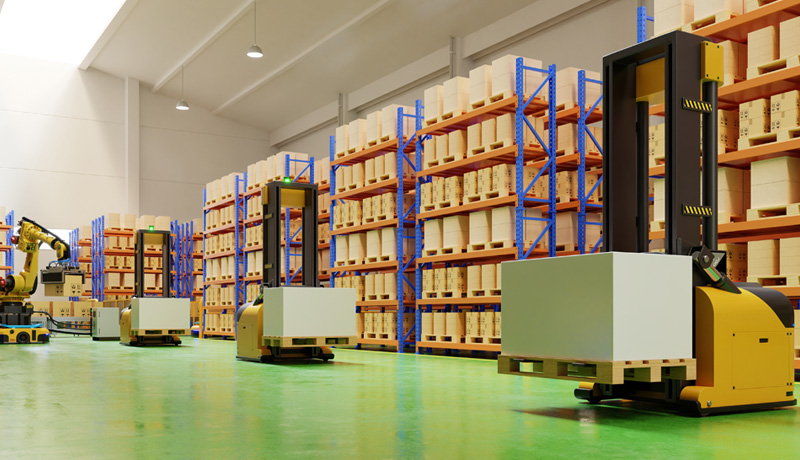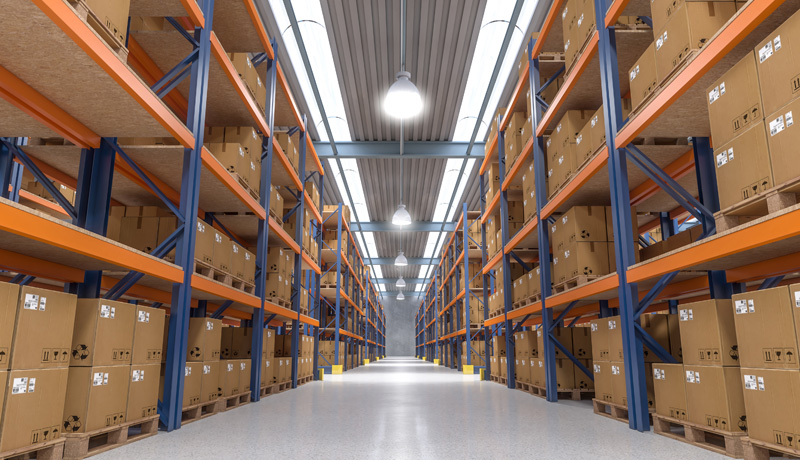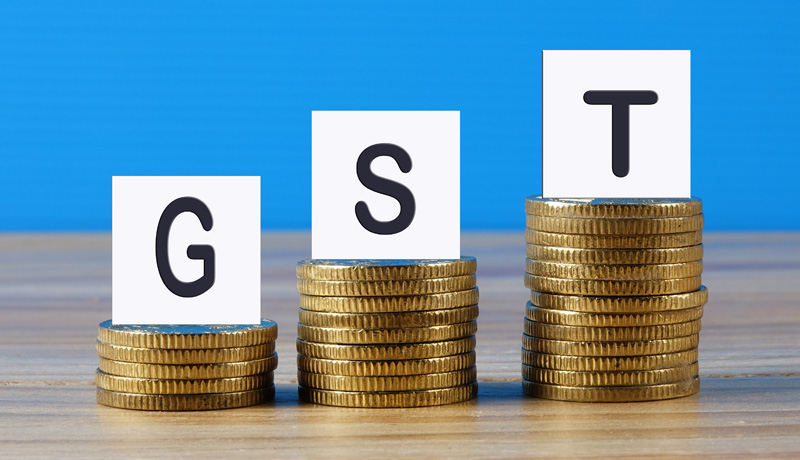Overview on Composition Scheme Under GST

Overview on Composition Scheme Under GST
Composition Scheme under GST: Know eligibility criteria, GST rate and conditions to be fulfilled by composite dealers
- Authors
- Last Updated
- Tags
- Last Updated
- Authors
- Last Updated
- Tags
Goods and Services Tax GST applies to all service providers, retailers, wholesalers, and producers who are doing business in India. The registration of any business organization under the GST law is done under two categories as below:
- Normal scheme registration
- Composite Scheme registration
In this blog, we will look at eligibility, benefits, disadvantages and compliances involved under the GST Composition Scheme.
What is GST Composition Scheme?
Composition Scheme is an optional scheme to pay GST at a lower rate than the normal rate. Small taxpayers who are burdened to comply with GST formalities can opt for composition scheme to reduce compliance and pay GST at a fixed rate on turnover.
Eligibility Criteria for Opting Composition Scheme Under GST
As per the GST Composition Scheme rules, eligibility depends upon:
Main criteria:
The main condition to opt for the GST composition scheme is that the taxable person should have aggregate turnover in the preceding financial year not exceeding Rs.1.5 Crore. Further, a person who opts for GST composition scheme rate, may supply services, of value not exceeding ten per cent of turnover in the preceding financial year or five lakh rupees, whichever is higher.
Other Eligibility Criteria
- The person is not engaged in the supply of services (apart from limit mentioned in main criteria above)
- The person is not engaged in making any supply of goods which are not taxable under this Act
- The person is not making any inter-state outward supplies of goods or services
- The person does not supply goods or services through an e-commerce operator who is required to collect tax at source under Section 52 of CGST Act 2017
- The person is not a manufacturer of ice cream, pan masala, or tobacco; and
- The person is neither a casual taxable person nor a non-resident taxable person.
GST Rate Under Composition Scheme
The rate of tax applicable for composition scheme is as under-
| S.No | Type of dealer | CGST | SGST |
|---|---|---|---|
| 1 | Manufacturers, other than manufacturers of such goods as may be notified by the Government (Ice cream, Pan Masala, Tobacco products etc.) | 0.5% | 0.5% |
| 2 | Restaurant services not supplying alcohol | 2.5% | 2.5% |
| 3 | Traders or any other supplier eligible for composition levy | 3% | 3% |
Conditions to be Fulfilled by Composite Dealers
There are various rules to be fulfilled once the dealer has opted for the GST composition scheme, namely:
- The dealer cannot claim ITC on inputs nor can he collect any taxes from the recipient of the supplies made by him.
- The dealer has to issue ‘Bill of Supply’ as it cannot issue Tax Invoice. Also, the dealer has to mention ‘Composition taxable person’ on top of every bill of supply issued by him.
- The dealer has to mention ‘Composition taxable person’ on every signboard in the premise of the business or notice issued.
- The dealer has to pay tax under Reverse Charge Mechanism at normal rate of tax.
- The dealer shall not be eligible to opt for the composition scheme if he is registered for more than one business having the same Permanent Account Number (PAN) [issued under the Income-tax Act, 1961 (43 of 1961)]. However, he can do so only if all such businesses opt to pay tax under composition scheme.
- The dealer cannot make Inter-state supplies but it can make Inter-state purchases.
What are GST Compliances in Composition Scheme?
To get a lower GST rate, eligible entities have to follow the following compliances under the Composition Scheme:
- The registered taxpayer will have to file FORM GST CMP-02, before commencement of the financial year, on the portal to opt for the composition scheme. Once opted, the taxpayer is by default considered under composition scheme for subsequent years to discharge his liability.
- Other than filing an application to opt for composition scheme, the taxpayer will have to file FORM CMP-03 (Stock Intimation) to declare details of the stock including those purchased from unregistered dealers for reversal of ITC.
- If the registered taxpayer in the subsequent year wants to withdraw from the scheme, he has to file FORM GST CMP-04. Post opting out the taxpayer will discharge his liability at normal rates and issue ‘Tax Invoice’.
- Other than filing an application to opt for composition scheme the taxpayer will have to file FORM CMP-03.
- The taxpayer under composition scheme will pay taxes and furnish the details for every quarter in the FORM GST CMP-08 by 18th of the subsequent month of the quarter.
- The taxpayer will file their return in the FORM GSTR-4 by 30th April of the subsequent financial year for which the return is filled.
Conclusion
There are several advantages of opting for GST composition scheme to small taxpayers such as
- The taxpayers do not have to maintain proper records which reduces a huge burden especially on small dealers and they can allocate more time for business development.
- Lesser GST liability as the dealer has to pay taxes at lower rates.
- Lesser tax payment also increases liquidity of funds at hand for small taxpayers.
- The taxpayer has lesser compliances to adhere to as liability is discharged quarterly by filing a simple form
While there are several pros for opting composition scheme, there are few cons too which are as under:
- The taxpayer cannot avail ITC.
- The dealer cannot widen the territory of business as he can’t make interstate sales.
- The dealer cannot supply through e-commerce portal.
Why Choose InCorp Global?
At InCorp, our team has extensive expertise and experience that can assist you in complying with GST requirements and managing your taxes in a timely manner. Our services include GST Compliances, GST Operational Assistance, GST Audit Services, GST updates on recent notifications, GST Representation and Litigation Support and other Indirect Taxes Advisory and Litigation. To learn more about our services, you can write to us at info@incorpadvisory.in or reach out to us at (+91) 77380 66622.
Authored by:
InCorp Advisory | GST
FAQs
You can opt for the Composition Levy under GST if you are a regular taxpayer with an aggregate annual domestic PAN-based turnover as specified from time to time.
ITC can be availed only on goods and services for business purposes. If they are used for non-business (personal) purposes, or for making exempt supplies ITC cannot be claimed.
An eligible person engaged in making supplies mentioned in clause (b) of para 6 of Schedule II of the CGST Act (supplier of restaurant Service) must pay 5% (2.5% CGST and 2.5% SGST/UTGST) of turnover in a state or Union Territory, as the case may be.
Yes, you can switch from the Composition Scheme to the Regular Scheme under GST. Once the taxpayer opts out of the Composition Scheme, they enter the regular scheme of taxation under GST.
Stay compliant with all GST regulations!
Share
Share







































































